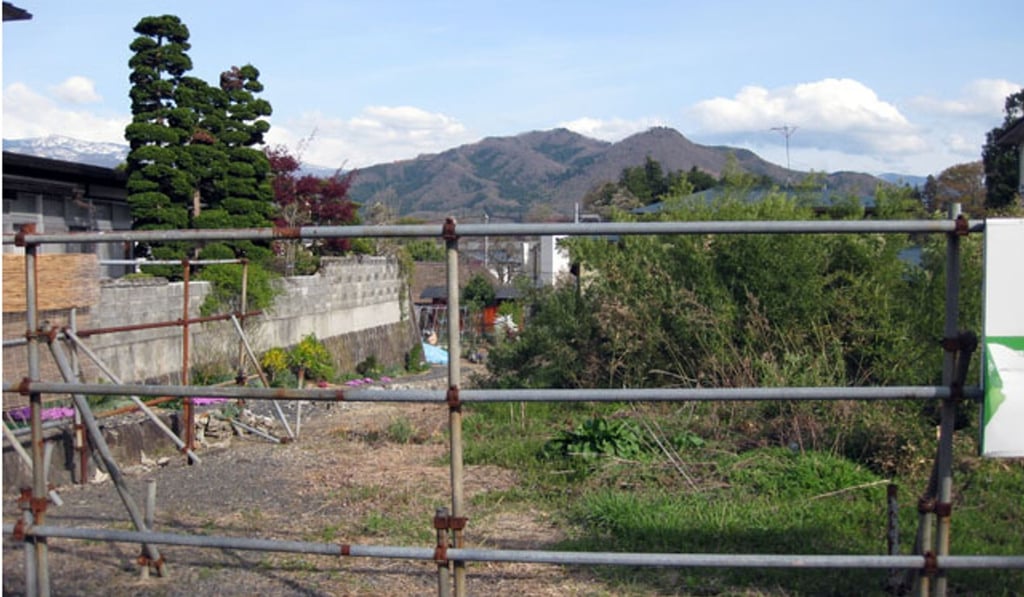Japan’s invisible problem: enough empty homes to house Hong Kong and no known owners
- In Japan, ownership of an area of land the size of Taiwan is a mystery, and it’s causing problems for disaster relief programmes
- Falling land values, tax quirks and patchy registration have left 3.5 million unoccupied residences, and an ageing population will make things worse


According to surveys by the Ministry of Land, Infrastructure and Tourism and the Ministry of Justice, registration records for 20 per cent of private land in Japan are older than 50 years. That rises to 26.6 per cent in rural areas, compared to 6.6 per cent in urban areas.
Shoko Yoshihara, research fellow at the Tokyo Foundation for Policy Research think tank and a leading authority on the issue, points out that despite the age of the records, some of these tracts may have owners.
“There is decreasing incentive to register land because of falling values, but that doesn’t necessarily mean there is no owner. It may remain registered in the same person’s name for more than 50 years, but because of increased longevity, they may or may not be deceased,” explains Yoshihara, author of Land Issues in the Era of Depopulation: Policy Considerations for Missing Owners, Inheritance, and Abandoned Homes.